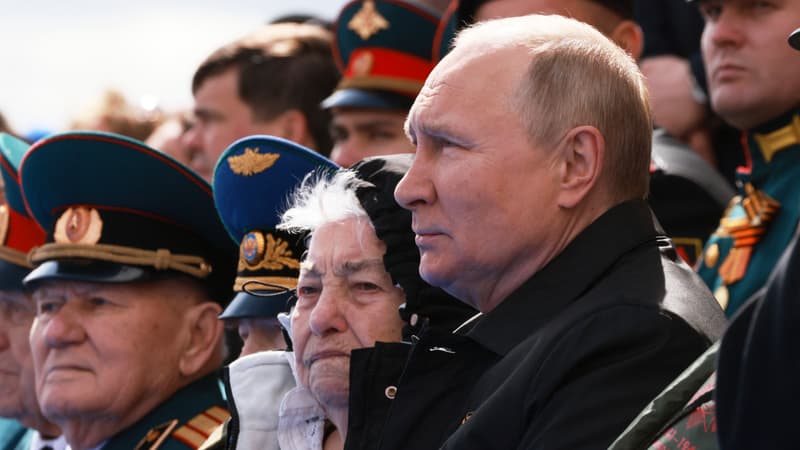A new death among the Russian oligarchs. Ivan Pechorin, general director of the aviation industry of the Society for the Development of the Far East and the Arctic (KRDV), was found dead on Monday, according to a company statement picked up by Russian media.
“Iván’s death is an irreparable loss for friends and colleagues, a great loss for society,” he says.
The man fell from his boat near Vladivostok, in southern Russia in the Sea of Japan, on September 10 before being found on September 12, drowning, the Russian newspaper Komsomolskaya Pravda reports.
“He was an important figure, since he was in charge of supervising the development, especially from the energy point of view, of the Arctic and of the great Russian north, a position that had been entrusted to him by Vladimir Putin,” Ulrich Bounat, a geopolitical analyst, explains on BFMTV. , specialist in Central and Eastern Europe.
Wave of deaths among the oligarchs
This tragic death might not attract attention if it were not “the seventh or eighth” death of an oligarch since the beginning of the war in Ukraine, stresses Ulrich Bounat. Former CEO of KRDV, Igor Nosov, had also been found dead last February after a stroke.
Several prominent men, and sometimes their families, were also found dead, some appearing to have committed suicide.
Many of the oligarchs who have died in recent months have been linked to the energy sector: the former vice president of the gas giant Novatek Sergey Protosenya, along with his wife and daughter, were found hanged in Catalonia last April. In late February, Mikhail Watford, who had made his fortune in oil and gas, was found hanged at his home in Surrey, UK.
But, despite the chronological comparison of these deaths and the proximity of these men to power, it is difficult at the moment to clearly identify a culprit, even if the Kremlin is pointed out.
“Not necessarily always the brand of the Kremlin”
In recent years, in Russia, we have had “actually more political or military actions, which have affected, for example, people from the opposition, the first of them Alexei Navalny but also Vladimir Kara-Mourza, who were poisoned” Ulrich remembers. Bounat, “shares bearing the FSB brand [Service fédéral de sécurité] or GRU [Direction générale des renseignements]”.
But he also recalls that “the oil and gas industry in Russia is still a relatively mafia environment.”
“So, in fact, these deaths are probably not all accidental, but they don’t necessarily always bear the mark of the Kremlin,” he explains. It is “perhaps more a struggle for influence between different circles of power that seek to appropriate Russia’s oil and gas resources”, in a context where “the windfall of oil and gas is decreasing due to international sanctions” by the war in Ukraine.
Source: BFM TV


